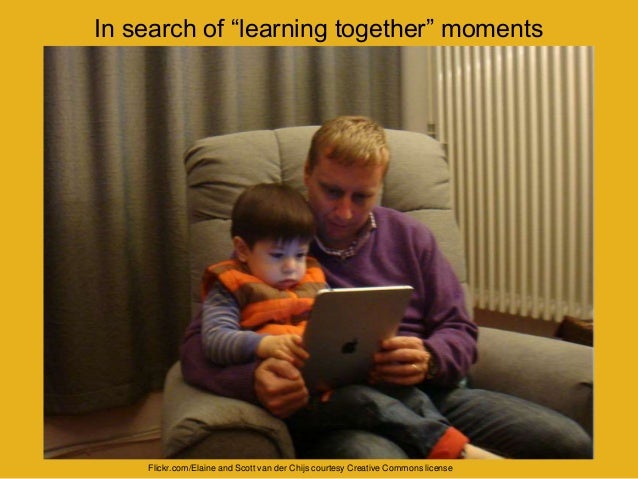 |
 |
Marsh, J., Kontovourki, S. Tafa, E. and Salomaa, S. (2017). Developing Digital Literacy in Early Years
Settings: Professional Development Needs for Practitioners. A White Paper for COST Action IS1410.
[Accessed: http://digilitey.eu]
There is sustained evidence that there is a lack of opportunity for early years practitioners to engage in professional development in relation to digital literacy to any meaningful extent, as outlined in this report. A range of barriers exists in relation to the furthering of practice (Plumb and Kautz, 2015). A number of barriers relate to the early years practitioners themselves, such as their beliefs and attitudes, their level of confidence in using technologies and their level of technological and pedagogical content knowledge. Research reviewed in this report suggests that many of these barriers emerge from or connect to teachers’ established understandings of the early childhood sector and the curriculum therein. Two binaries may identified there as key in shaping teachers’ practices and beliefs: the binary between “conventional” and new early childhood literacies, and the binary between teachers’ own use and integration of technology in the classroom.
To deconstruct such binaries, one needs to consider how CPD may offer early years practitioners opportunities to engage with their own and others’ epistemological understandings of literacy, as well as realisations of new literacies in (children’s and their own) everyday lives. This would ultimately necessitate and link to a shift in practitioners’ professional identities. There is also a recognised lack of training and support, therefore the development of a CPD programme that might impact positively on these elements is important. It is of course not in itself sufficient – there also needs to be a focus on other barriers to progress, such as a lack of resources and effective policies at a national level. Nevertheless, the development of a CPD programme that embeds the effective elements of such activities, as outlined in Table 1, is required if young children are to be offered early years education that is appropriate for twenty-first century demands. .
E entre nós?
Artigo de interesse, publicado em 2013, por Santos, Virgínia e Mata, Lurdes, embora numa abordagem que não destaca as necessidades de formação dos educadores, mas refere as suas representações sobre o tema.
Do Resumo(...) De que forma os educadores promovem ou permitem o uso dos LD; que benefícios consideram existir na promoção da leitura e que vantagens e desvantagens lhe reconhecem no desenvolvimento da sua prática pedagógica, tendo em conta os recursos materiais e tecnológicos de que dispõem, são questões a que se procura dar resposta.Assinalam como principais dificuldades as características do material, a pouca qualidade de equipamento informático de que dispõem, as fragilidades da Internet e o número reduzido de computadores, sendo evidenciadas algumas diferenças, quer na forma de utilização quer no reconhecimento das vantagens e desvantagens da sua utilização, em função da idadePalavras-chave: Leitura, literacia emergente, livros digitais, pré-escolar, tecnologias
Referenciado em 2018 (?) por V. Santos, no sítio web do PNL 2027, aqui
Entretanto, a Biblioteca de Livros Digitais do PNL já não se encontra em funcionamento, mas os alertas do estudo mantêm pertinência.
